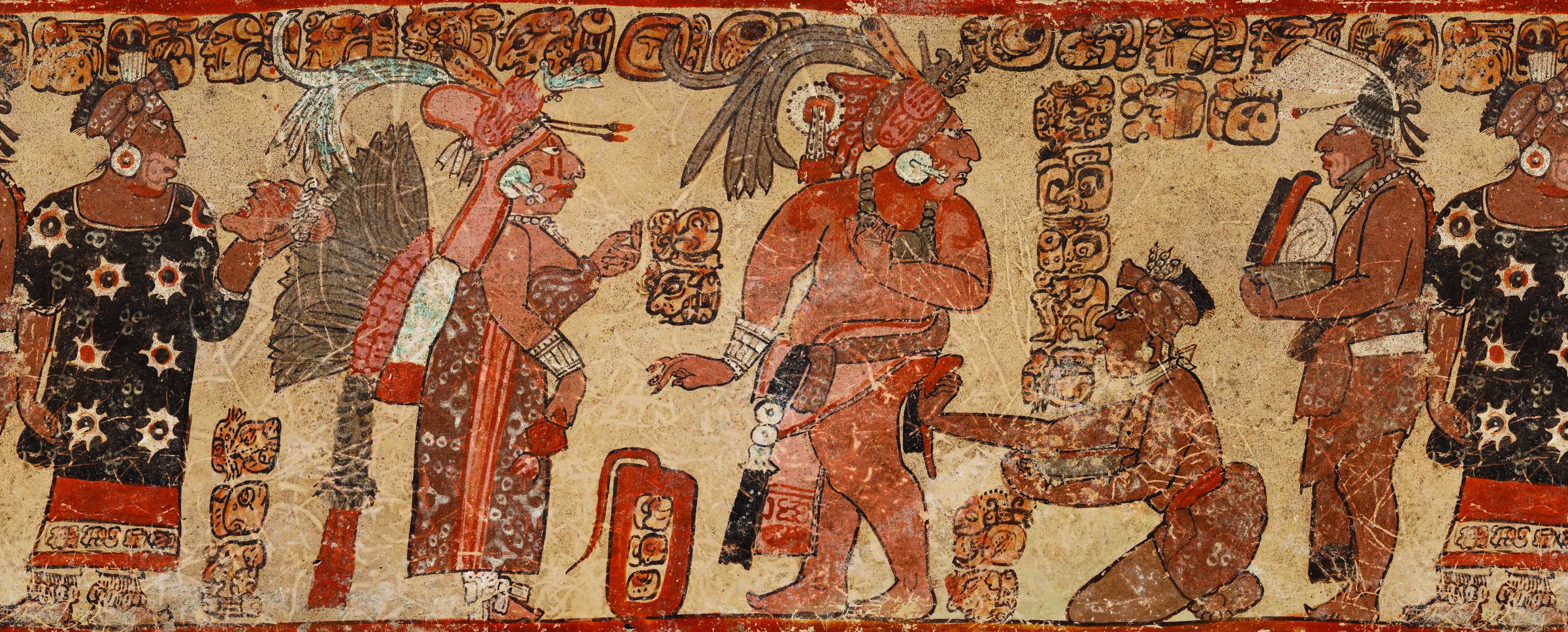SYOWA STATION, ANTARCTICA—The Asahi Shimbun reports that Japanese researchers have found fragments of a cardboard box and a cache of emergency food dated to 1965 about five miles from Japan’s Syowa Station in Antarctica. The ration included a can of Coca-Cola, chewing gum, and a can of stewed beef and vegetables. Susumu Kokubun, a member of the 1965 expedition of the Maritime Self-Defense Force, said his team leader, Masayoshi Murayama, traveled to the area near Mukai Rocks, where the food was found, in January 1966 in a helicopter that had been loaded on their icebreaker, The Fuji. “He may have left the food on that occasion,” Kokubun said. An official from the Coca-Cola Company in Japan said this particular Coca-Cola can design was the first one introduced to Japan, and was available for only one or two years. It is labeled in katakana and had to be opened with a can opener. The best-selling chewing gum, first released in 1960, was developed for explorers to Antarctica by the Lotte Company in a “Cool Mint” flavor fortified with vitamins and minerals. Its packaging featured a penguin design. “I feel a special connection with the discovery because I was born in 1965,” said current expedition member Noriaki Obara, who discovered the emergency rations. To read about a 106-year-old fruitcake that was found in a hut at Antarctica's Cape Adare, go to "Super Fruitcake," one of ARCHAEOLOGY's Top 10 Discoveries of 2017.
Explorer's Food Cache Discovered in Antarctica
News September 24, 2020
Recommended Articles
Features September/October 2025
Myth of the Golden Dragon
Eclectic artifacts from tombs in northeastern China tell the story of a little-known dynasty
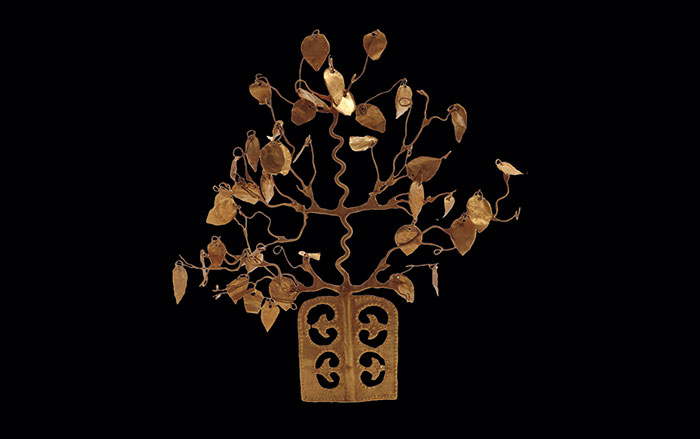
Features May/June 2025
Lost City of the Samurai
Archaeologists rediscover Ichijodani, a formidable stronghold that flourished amid medieval Japan’s brutal power struggles
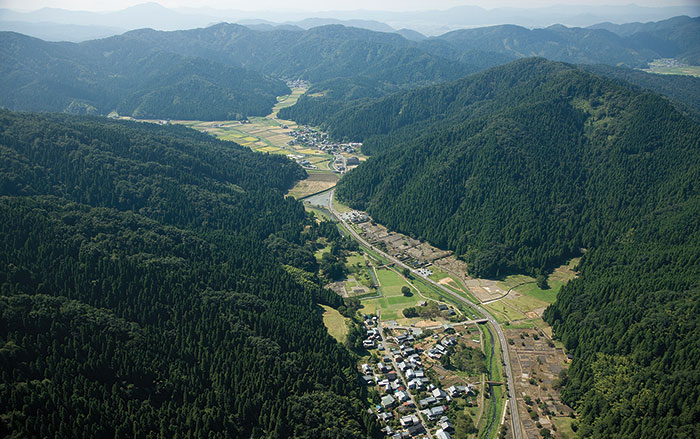
Digs & Discoveries March/April 2023
Weapons of Choice
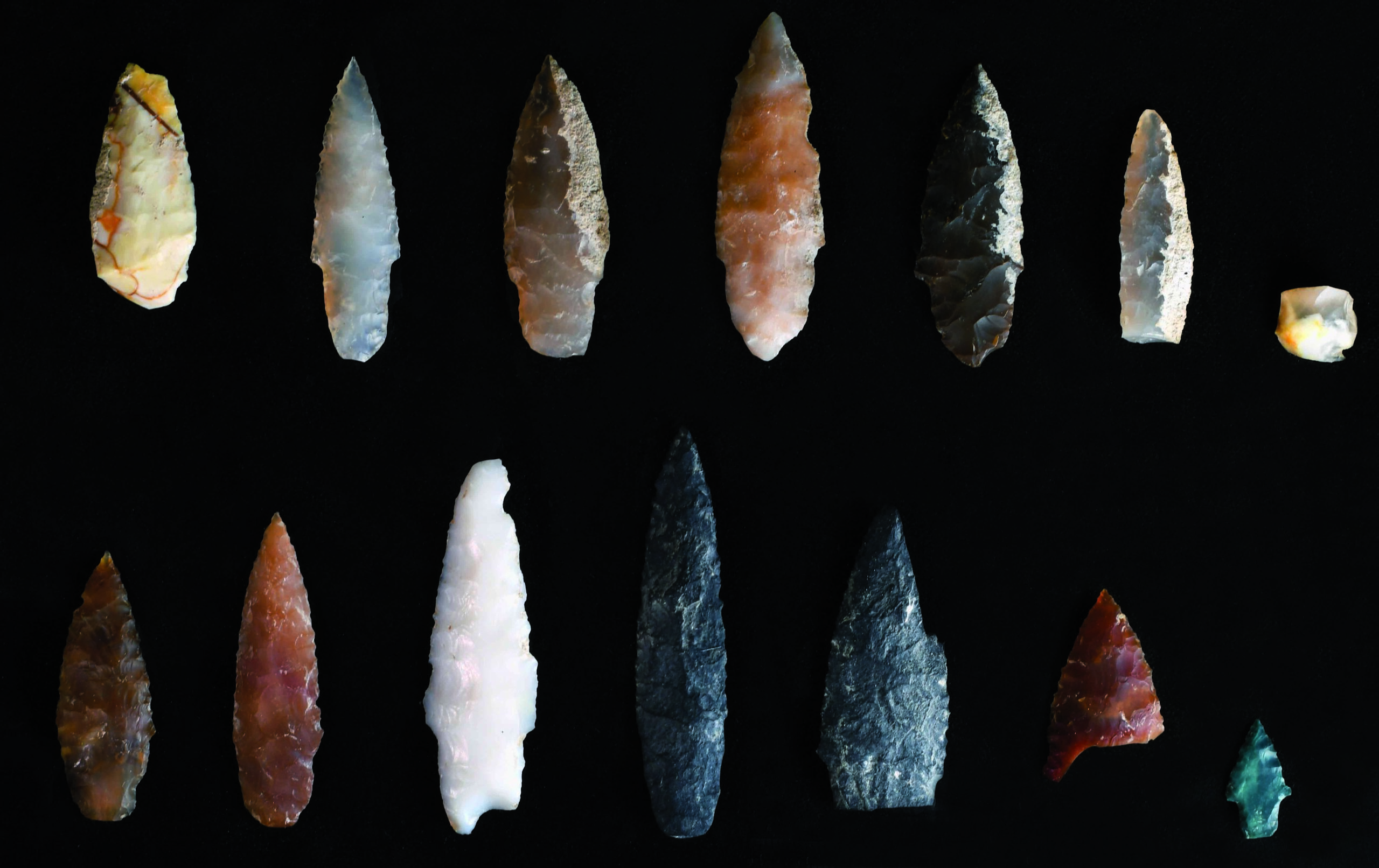
Digs & Discoveries January/February 2022
Japan's Genetic History
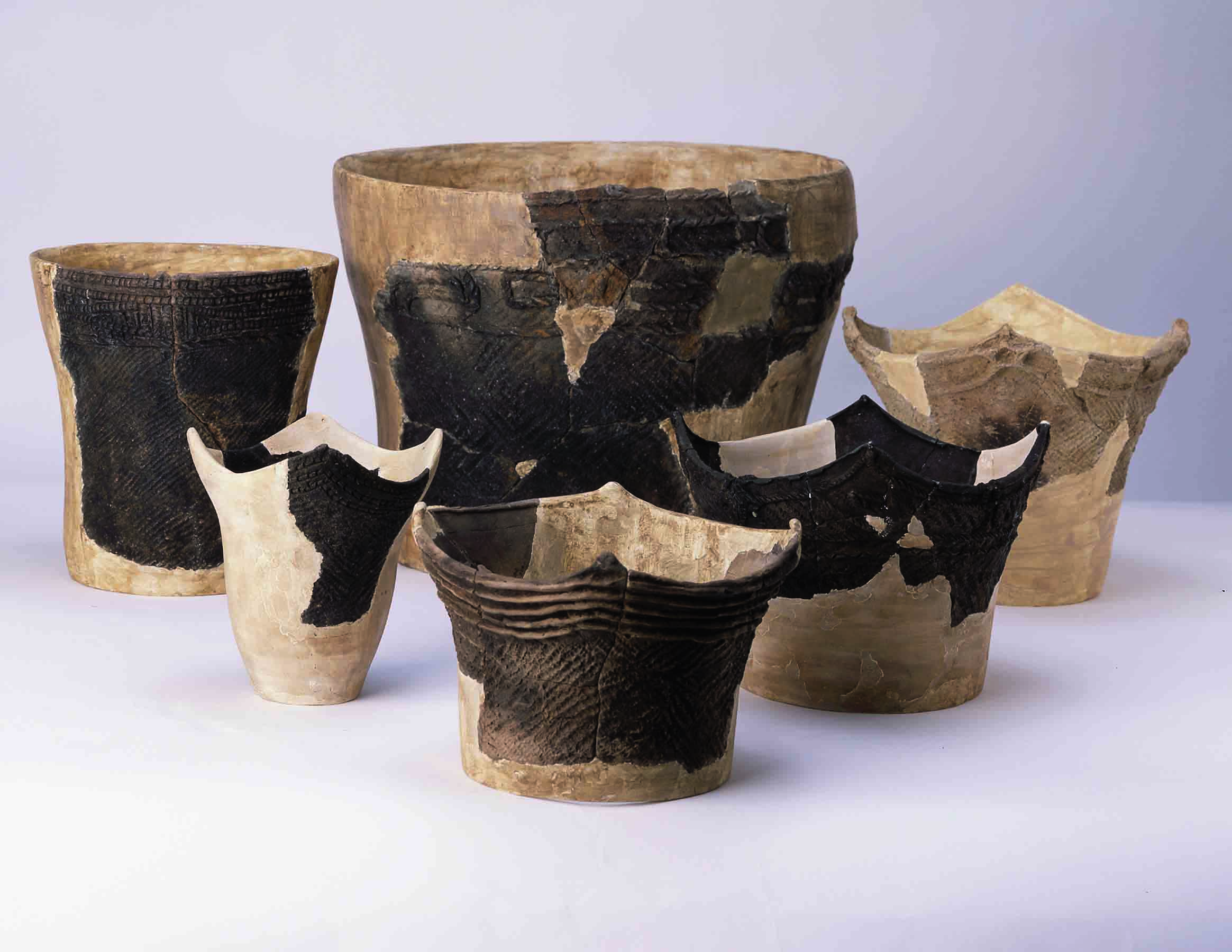
-
Features July/August 2020
A Silk Road Renaissance
Excavations in Tajikistan have unveiled a city of merchant princes that flourished from the fifth to the eighth century a.d.
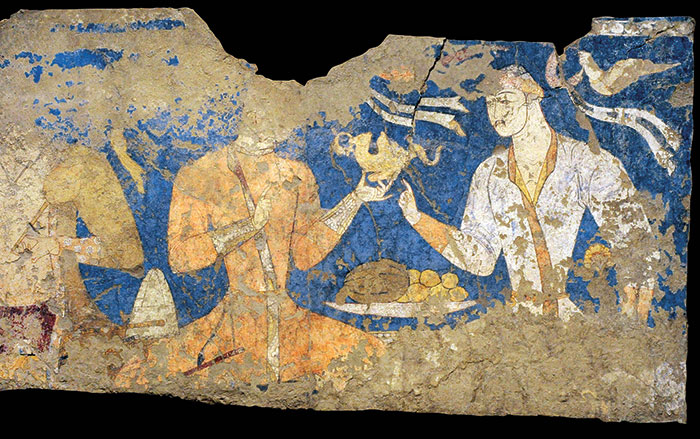 (Prisma Archivo/Alamy Stock Photo)
(Prisma Archivo/Alamy Stock Photo) -
Features July/August 2020
Idol of the Painted Temple
On Peru’s central coast, an ornately carved totem was venerated across centuries of upheaval and conquest
 (© Peter Eeckhout)
(© Peter Eeckhout) -
Letter from Normandy July/August 2020
The Legacy of the Longest Day
More than 75 years after D-Day, the Allied invasion’s impact on the French landscape is still not fully understood
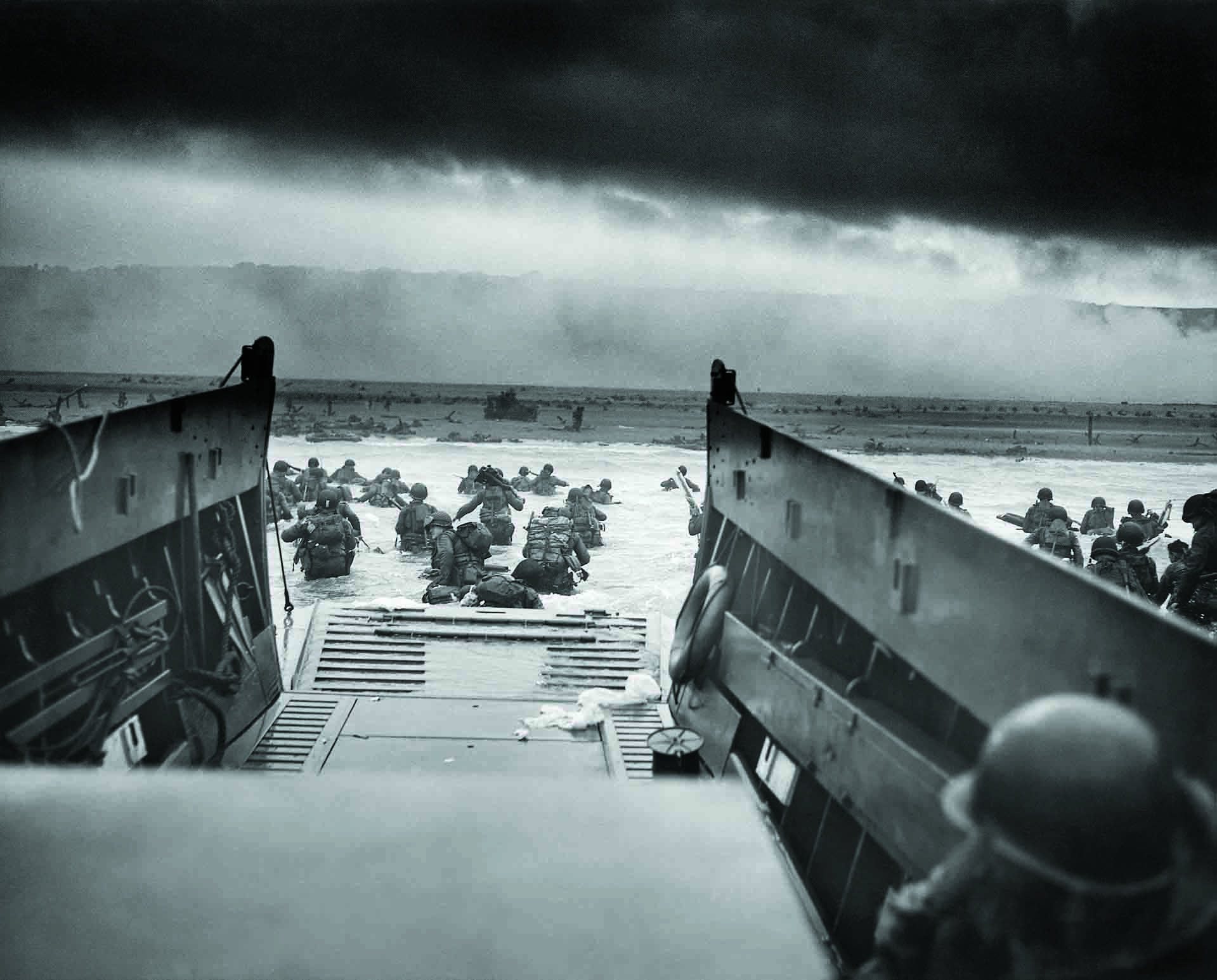 (National Archives)
(National Archives) -
Artifacts July/August 2020
Roman Canteen
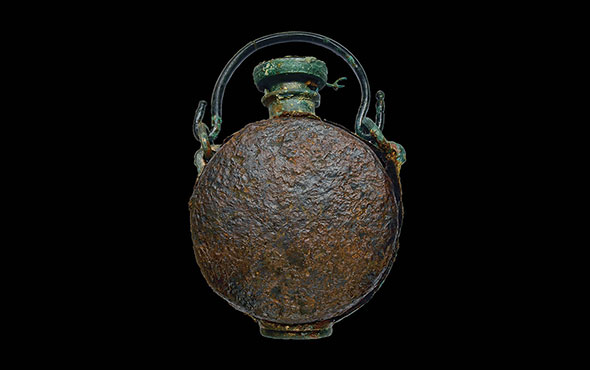 (Valois, INRAP)
(Valois, INRAP)


